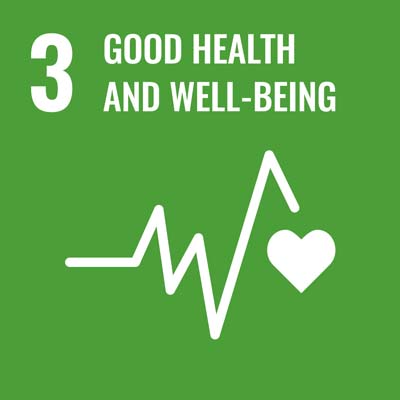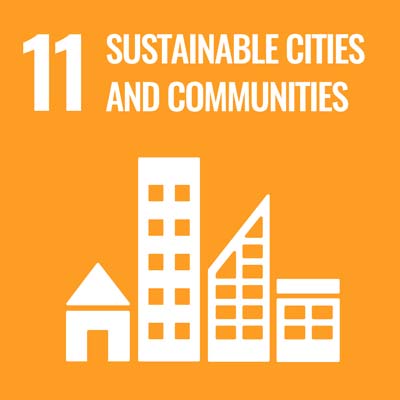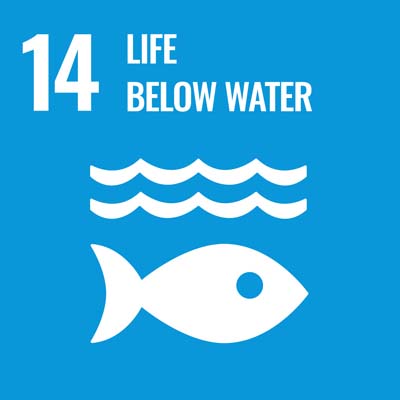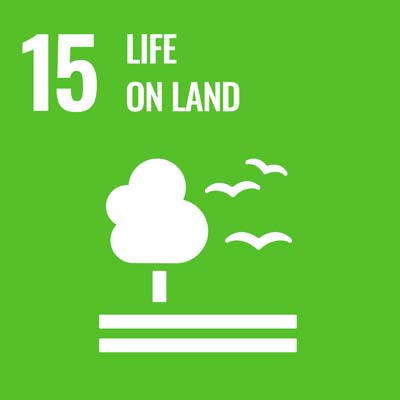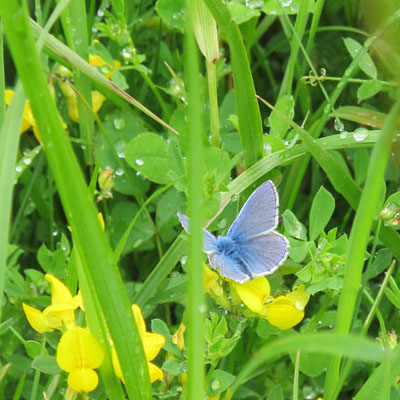- Dates15 November 2022-14 November 2026
- SponsorNERC
- Funded£2.5 million
- PartnersCentre for Ecology and Hydrology, Sheffield University, The Alan Turing Institute and stakeholders across Bedford, Luton and Milton Keynes
Urban ecosystems are extensively fragmented by grey infrastructure, leading to a disconnect between the habitat fragments that support biological species and ecosystem resilience at landscape scales.
Green and blue spaces in cities, and the functional biodiversity they support, help to improve urban resilience through services such as air quality improvement and reduced flood risk. However, we still do not know how best to configure green-blue-grey infrastructures at local (street or park) scales to optimise multiple benefits at landscape (neighbourhood or city) scales.
The DEFRAG project aims to deliver new knowledge on how fragment size, shape, composition, and connectivity affects biodiversity, biological processes, and the ecosystem services derived from them. This understanding is crucial for the design of healthier, more resilient towns and cities in the future.
DEFRAG will enrich knowledge exchange with our stakeholders across the Cranfield Triangle (Bedford, Luton and Milton Keynes) and identify real-world enablers and reduce barriers to including green and blue interventions in urban planning.
